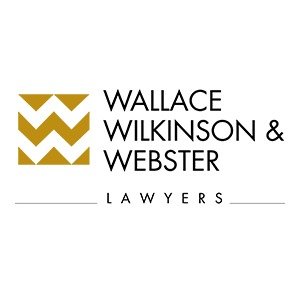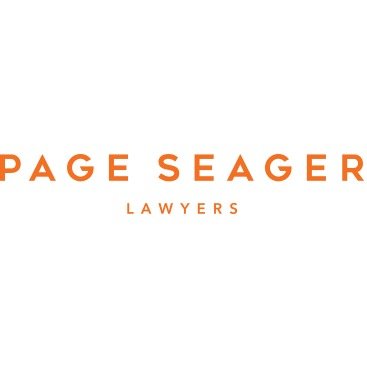Best Mortgage Lawyers in Hobart
Share your needs with us, get contacted by law firms.
Free. Takes 2 min.
Free Guide to Hiring a Real Estate Lawyer
List of the best lawyers in Hobart, Australia
About Mortgage Law in Hobart, Australia:
Mortgage law in Hobart, Australia falls under the purview of the National Consumer Credit Protection Act (2009) and the Australian Securities and Investment Commission. It dictates the terms and conditions under which financial institutions lend money for property purchases. This involves a wide range of legal matters including lending obligations, interest rates, mortgage repayments, default, foreclosure and refinancing.
Why You May Need a Lawyer:
Individuals may need a lawyer for a variety of mortgage-related situations. These include obtaining advice on complex mortgage agreements, rectifying a mortgage default, negotiating with banks regarding repayment difficulties, dealing with foreclosure, understanding refinancing options, or sorting through disputes related to mortgage fraud. A lawyer with expertise in mortgage law can help safeguard your interests and provide guidance to navigate through these situations.
Local Laws Overview:
In Hobart, mortgage laws are governed by national laws, but local implications can come into play. The lender is required by law to provide clear and understandable loan contracts, and must also disclose all fees, charges and interest rates applicable. There are also laws protecting borrowers from unjust contracts and predatory lending. In case of hardship or inability to make repayments, laws exist enabling the revision of contract terms.
Frequently Asked Questions:
1. Can I change my mortgage agreement after it is settled?
It is possible to modify a mortgage agreement after it is settled, but will generally require consent from the lender and may involve certain fees or charges.
2. What happens if I cannot keep up with my mortgage repayments?
Legal options including renegotiating terms with the lender, applying for hardship variations or selling the property to cover the debt. In extreme cases, the lender may start legal proceedings for foreclosure.
3. Can the bank sell my home without notice if I default on my mortgage?
While lenders do have the right to sell a property to regain the money owed, they are obliged to provide you with a notice of their intention, giving you a chance to rectify the situation.
4. What is mortgage fraud and how do I protect myself?
Mortgage fraud involves altering information to obtain a mortgage that you would otherwise not be eligible for. Protection involves providing accurate information, thoroughly reviewing any agreements, and seeking legal counsel when necessary.
5. Can I refinance my mortgage?
Refinancing is allowed and can be a good way to take advantage of market conditions, lower interest rates or changes in your financial situation. It's important to consider any costs involved before proceeding.
Additional Resources:
When looking for additional resources related to mortgage law, consider the Australian Securities and Investments Commission (ASIC) website. You may also consult the National Consumer Credit Protection Act (2009) for detailed legislation. Moreover, the Legal Aid Commission of Tasmania can provide affordable legal assistance.
Next Steps:
If you need legal assistance, a good starting point would be to consult a lawyer who specialises in mortgage law. Prepare your mortgage documents, a brief summary of your situation and any questions you may have beforehand to make the most of your consultation.
Lawzana helps you find the best lawyers and law firms in Hobart through a curated and pre-screened list of qualified legal professionals. Our platform offers rankings and detailed profiles of attorneys and law firms, allowing you to compare based on practice areas, including Mortgage, experience, and client feedback.
Each profile includes a description of the firm's areas of practice, client reviews, team members and partners, year of establishment, spoken languages, office locations, contact information, social media presence, and any published articles or resources. Most firms on our platform speak English and are experienced in both local and international legal matters.
Get a quote from top-rated law firms in Hobart, Australia — quickly, securely, and without unnecessary hassle.
Disclaimer:
The information provided on this page is for general informational purposes only and does not constitute legal advice. While we strive to ensure the accuracy and relevance of the content, legal information may change over time, and interpretations of the law can vary. You should always consult with a qualified legal professional for advice specific to your situation.
We disclaim all liability for actions taken or not taken based on the content of this page. If you believe any information is incorrect or outdated, please contact us, and we will review and update it where appropriate.











